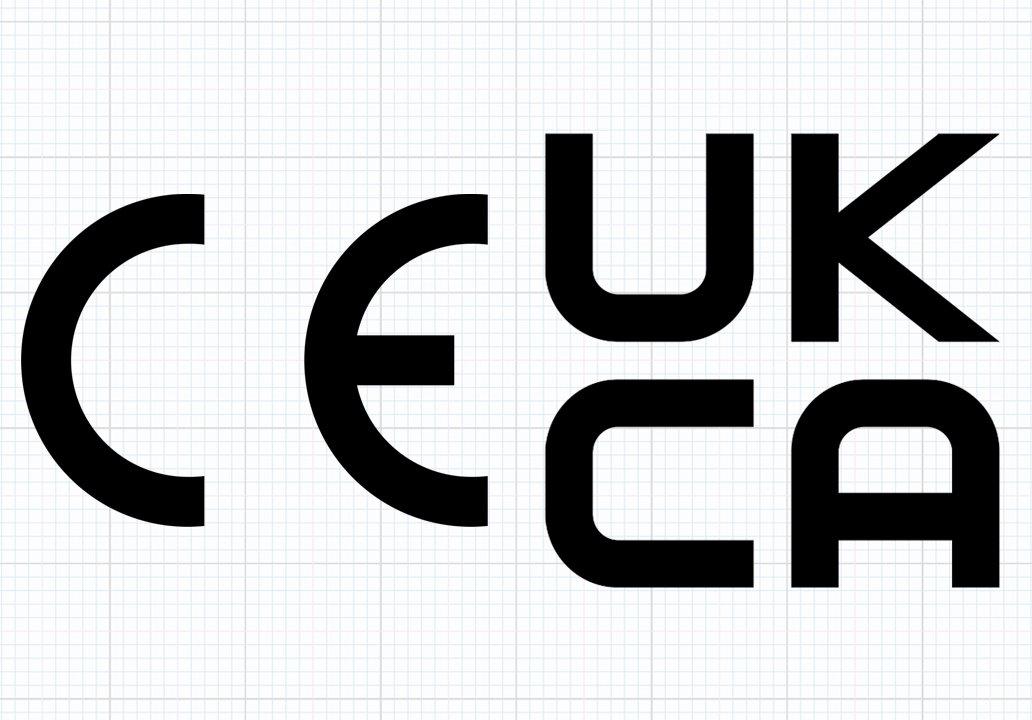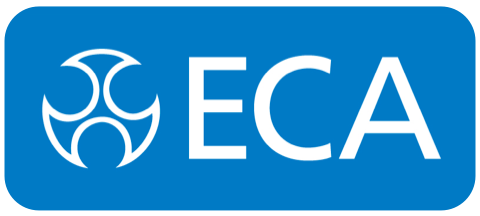
The Construction Leadership Council, of which ECA is a leading member, has written an open letter to Michael Gove, Secretary of State, Department for Levelling Up, Housing, Communities & Local Government and Kwasi Kwarteng, Secretary of State, Department for Business, Energy & Industrial Strategy, to draw their attention to urgent industry concern in connection with the introduction of the UKCA Mark.
ECA, along with Actuate UK, have previously highlighted the implications of the new UKCA marking system introduced as a result of Brexit. Following successful lobbying Government moved the deadline for introduction of UKCA marking from 1st January 2022 to 1st January 2023.
Following ECA representation, the CLC has now written to the Government warning that it will not be possible for many construction products to meet the deadline for obtaining the UKCA mark.
The introduction of the new system, which has already been delayed until 1 January 2023, means that products will be required to carry the UKCA mark if they are to be sold in Great Britain. To avoid significant disruption, the CLC is calling for a review of current testing and certification capacity, new certification bodies to be brought on board, and the sub‐contracting of testing and certification.
The transition period of UKCA product marking to replace CE marking was extended to 1 January 2023. However, the letter, which can be read in full here, raises concerns that, for a significant range of construction products, there is limited or no capacity for the required UKCA tests to be carried out in line with the UK Construction Product Regulations.
The letter reads, “There must be a significant expansion of facilities with the incumbent recruiting and training of staff, who must all then receive authorisation by UKAS, before more products can be put through the new process. Unfortunately, this expansion of capacity is not happening quickly enough.”
The CLC outlined several suggestions to resolve these concerns, including:
- Verify the current capability of the certification and testing sector in the UK as a first priority step;
- Establish the commercial viability for investment in increased capability, with support if necessary for niche but essential areas;
- Work with UKAS to find faster ways to bring new certification bodies on-stream;
- Allow subcontracting of testing and certification, if necessary, using overseas bodies;
- Allow the use of existing certifications on a temporary basis to allow time to gain UK-based approvals;
- Allow more flexibility on the current regulations if only on a transitional basis.
Last updated 30 November 21
